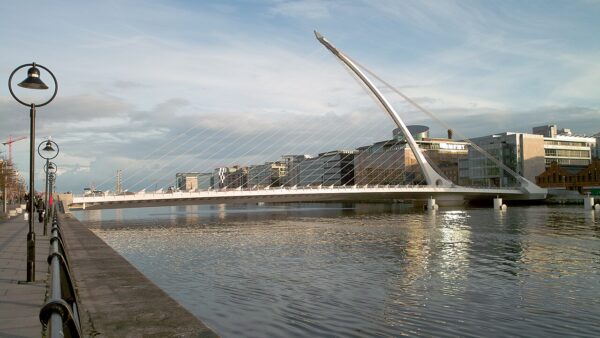Balfour Beatty, the UK’s largest contractor, has taken the symbolically important step of reinstating its dividend after making an improved loss of £66m ($86m) for the first six months of the year.
The loss before one-off items was $27m, compared with £150m a year earlier. Turnover was steady at £4.1bn, compared with £4.2bn a year earlier.
The company halted its payments to shareholders 18 months ago as it tried to deal with the aftermath of a hostile takeover bid from UK rival Carillion while its management team imploded and its trading performance continued to lead to regular profit warnings.
Leo Quinn, the group chief executive brought in to turn the company around, said in a statement: “Eighteen months into the first phase of Build to Last [the company’s transformation programme] we have delivered our second successive half of underlying profitability and remain on track to achieve our initial targets of £200m cash in: £100m cost out.
“We have maintained a strong balance sheet and expect Balfour Beatty to make further solid and measurable progress. As a result we are able to reinstate the dividend as planned.”
By concentrating on our selected markets, we are growing our order book within a control environment, which ensures that our business decisions lead to sustainable profit and cash growth– Leo Quinn, Balfour chief executive
Balfour said it would pay out an interim dividend of 0.9 pence per share and that the interim-to-final dividend ratio would be approximately 1:2.
The company got into difficulties three years ago when a large number of loss-making contracts came to light. These were initially thought to be concentrated in M&E works packages in southeast England, but later spread to the whole of the UK, as well as jobs in the Middle East and Asia.
A report by accountant KPMG found a series of systemic weaknesses in the way the company acquired work and managed contracts.
Quinn said the firm’s reduced losses were the result of a more cautious and targeted approach to winning contracts. He said: “By concentrating on our selected markets, we are growing our order book within a control environment, which ensures that our business decisions lead to sustainable profit and cash growth.”
Balfour’s order book stood at £12.4bn at the end of June, compared with £11bn at the end of its last financial year.
Image: One of the company’s recent contracts: Diamond University, Salford (Balfour Beatty)
Further Reading:










